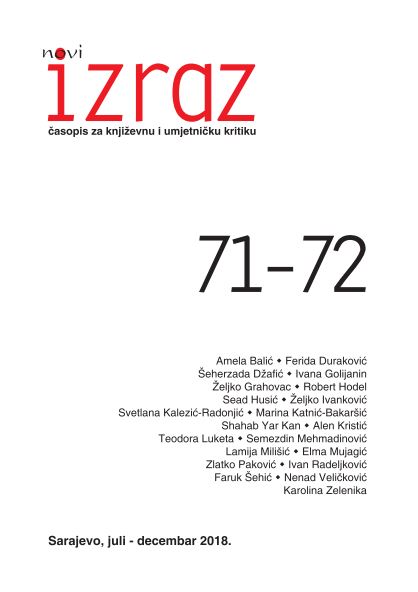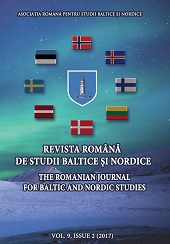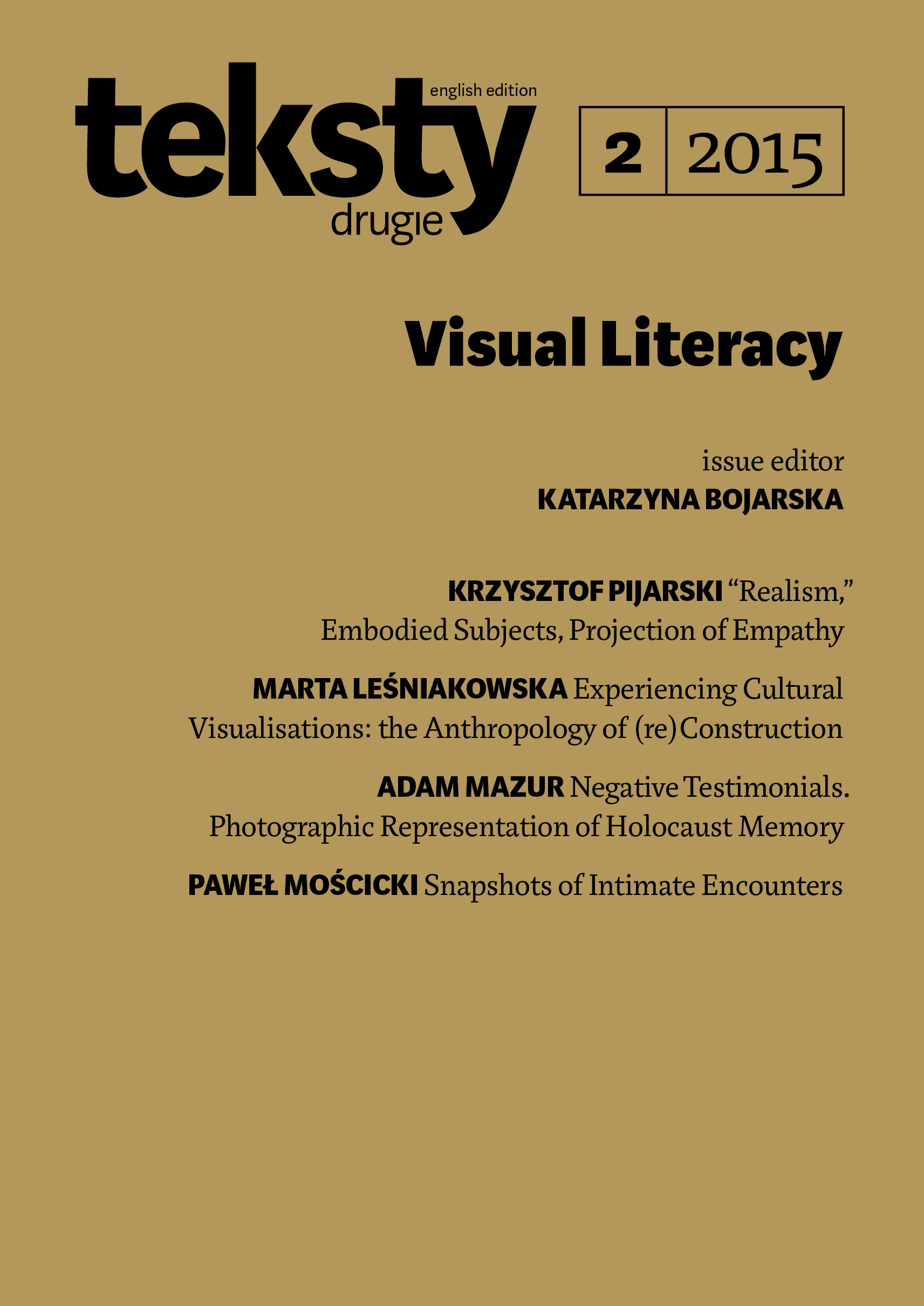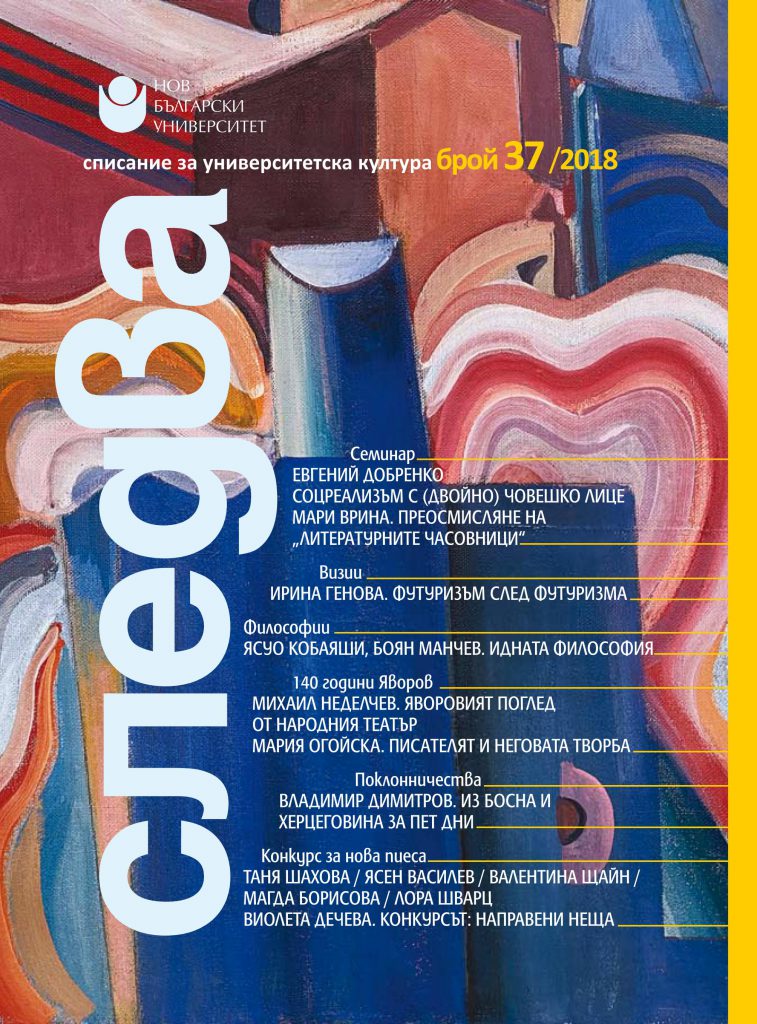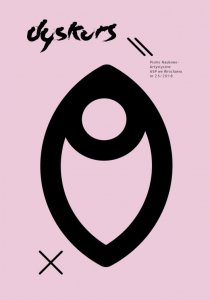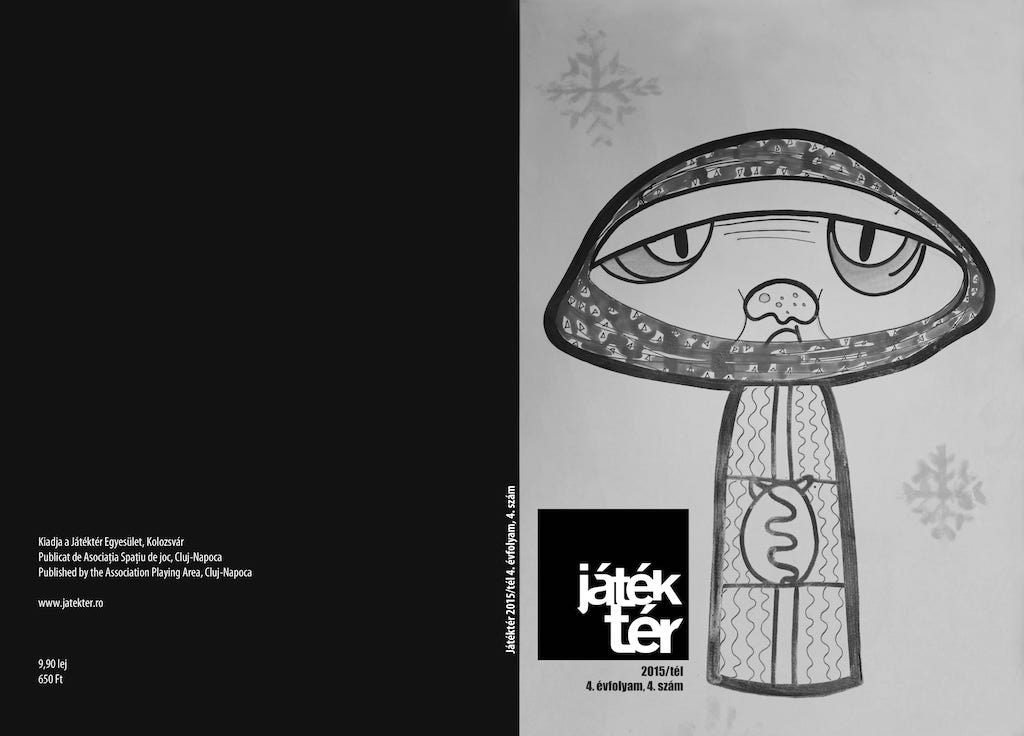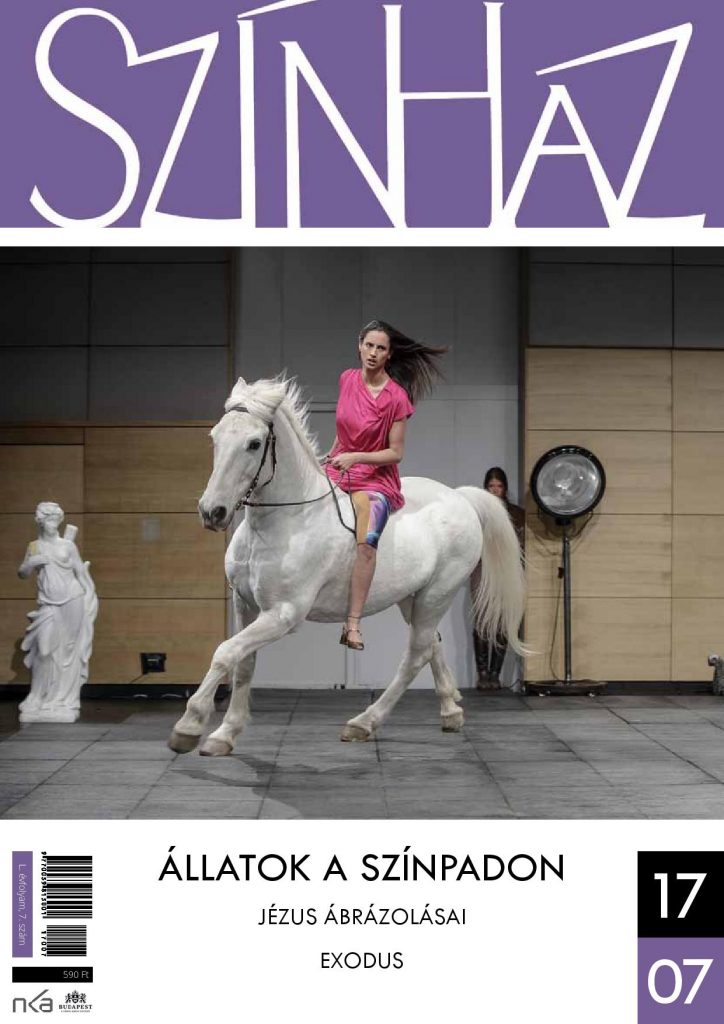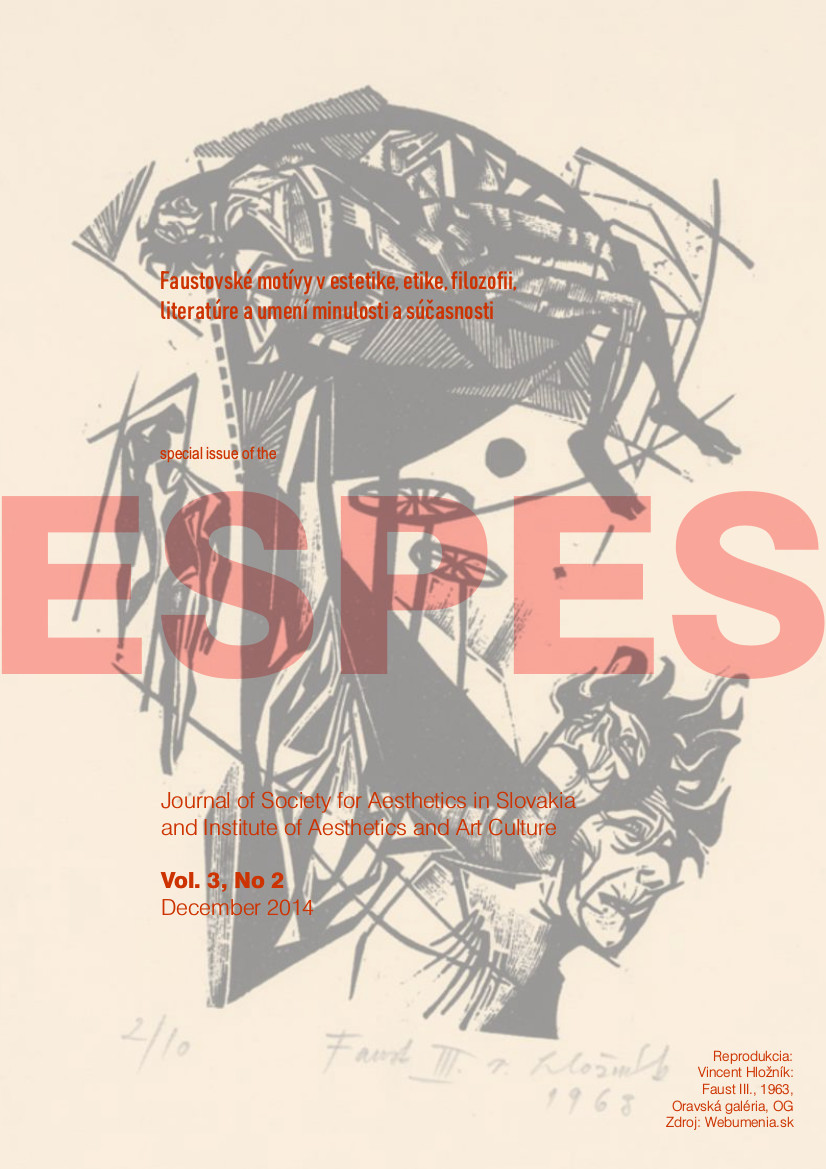
Román Thomasa Manna „Doktor Faustus“ a hudobná estetika Theodora W. Adorna
Thomas Mann ́s novel Doktor Faustus. Das Leben des deutschen Tonsetzers Adrian Leverkühn erzählt von seinem Freunde (1947) is one of the most known literary works of the 20th century. The creation of this novel was closely tied with an encounter of Thomas Mann with a philosopher and musicologist Theodor W. Adorno in their american exile during the World War II. Thomas Mann ́s novel represents literary fiction of Adorno ́s theory of music and musical aesthetics, as found in the study Philosophie der neuen Musik (1949).
More...
